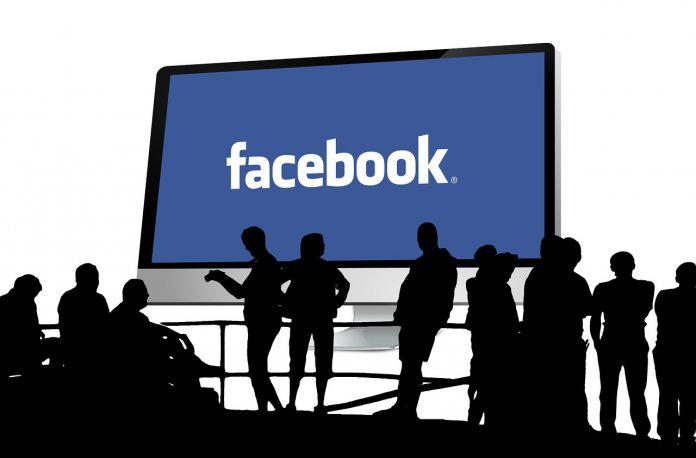Utilizing drone technology has often been an avenue Facebook has exploring. Last month, we discussed the company’s partnership with Airbus to implement its technology. Facebook worked on project Aquila for four years, which was the development of its own drone hardware. Last April, Facebook revealed it had canned Aquila and seemingly killed its plans. The new report suggests the company simply shifted focus and will use Airbus Zephyr drones instead. “The one thing that has been consistent since the very beginning is that there’s no silver bullet,” Facebook director of engineering Yael Maguire told TechCrunch during an interview at MWC. “We try to contribute to different parts of the ecosystem. The ecosystem could be in dense urban markets where we’re doing things like Terragraph, or rural markets where we are doing Express Wi-Fi.” At the event in Barcelona, Facebook announced new partners to help enhance its projects. One of them is called Internet para Todo (IpT), which in Spanish means Internet for All. A project located in Peru, the initiative has the goal of showing creating internet infrastructure in rural areas can be economically viable. IpT is being developed alongside IDB Invest, Telefonica, and CAF (Development Bank of Latin America). The platform is an open source network that will allow any carrier in Peru to participate. “It is very economically challenging to think about connecting small communities in rural parts of Peru, let alone other parts of the world,” Maguire said. “The idea is that we can create common infrastructure that is open access, let others innovate on business models and create competition etc. The hope is that a business case can close for IpT.”
Connecting Africa
Facebook also announced a project in Nigeria to bring 750km of open access fiber connection to over one million people. By teaming with local authorities, Facebook is able to deliver more powerful connectivity to out of reach locations. Elsewhere, the company says new partners are joining its Express Wi-Fi service. Among them are Vodafone in Ghana, Cell C in South Africa, and Globe in the Philippines.




